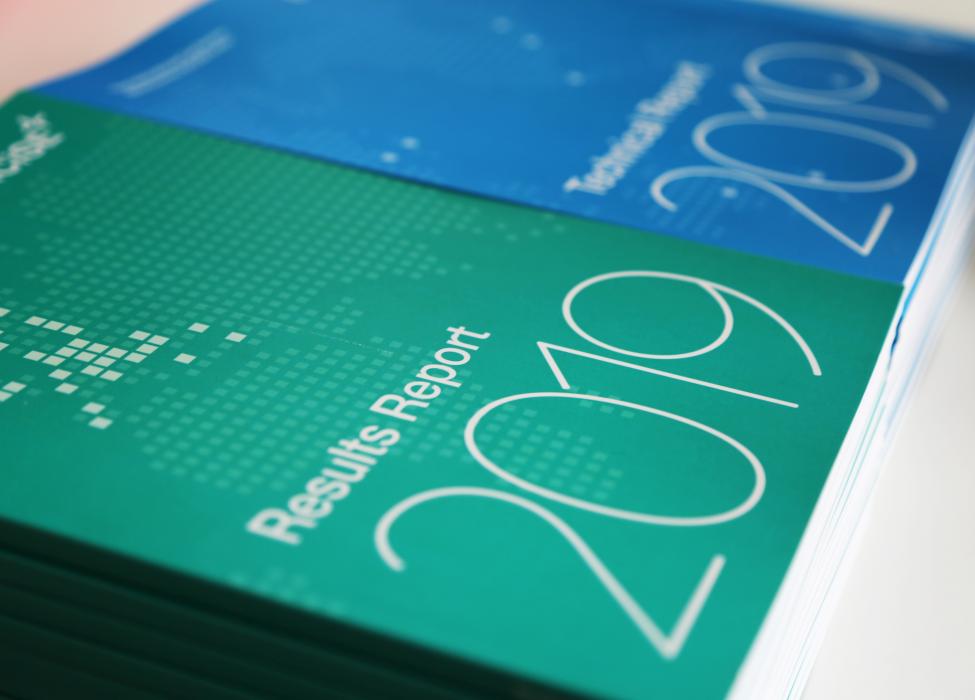
The 2019 International Civil Service Effectiveness (InCiSE) Index has been published today. The index aims to help countries determine how their central civil services are performing, and to learn from each other.
Central civil services play an important role in determining a country’s progress and prosperity, independently from the elected government they serve. Senior civil service leaders can find in the InCiSE Index a tool to highlight specific areas for improvement, and citizens, politicians and government officials can use it as an accountability tool.
The overall top ten in the 2019 InCiSE Index is:
- United Kingdom
- New Zealand
- Canada
- Finland
- Australia
- Denmark
- Norway
- Netherlands
- Korea
- Sweden
Explore the full 2019 InCiSE Index and technical report
The 2019 InCiSE Index covers 38 countries and uses 46 more metrics and five more data sources than previously. It has been designed based on a framework which defines the functions and attributes (indicators) that contribute to civil service effectiveness.
The data reveals an interesting picture, in particular looking at countries’ performance within each indicator. For instance, Finland excels at policymaking and regulation, while Korea is top for fiscal and financial management; integrity is one of New Zealand’s strengths, while Estonia comes top for tax administration and digital services.
A collaboration between the Blavatnik School of Government and the Institute for Government, the InCiSE Index is supported by the UK Civil Service and has been funded by the Open Society Foundations.
The second-ever InCiSE Index is an improved one, which builds on the feedback received during the pilot phase in 2017. It covers seven more countries than the previous version: Bulgaria, Croatia, Iceland, Israel, Latvia, Lithuania and Romania have been included. The methodology has been refined, and it uses an increased volume of metrics and range of data sources. However, it’s worth reminding that it is not possible to compare scores between the 2017 and 2019 results – the results are relative to others and are not an absolute measure.
In addition to the Index, the Blavatnik School has completed two country case studies, Brazil and Nigeria, which assess the potential for the InCiSE Index to be used in non-OECD countries and developing countries, where data availability is more challenging.



